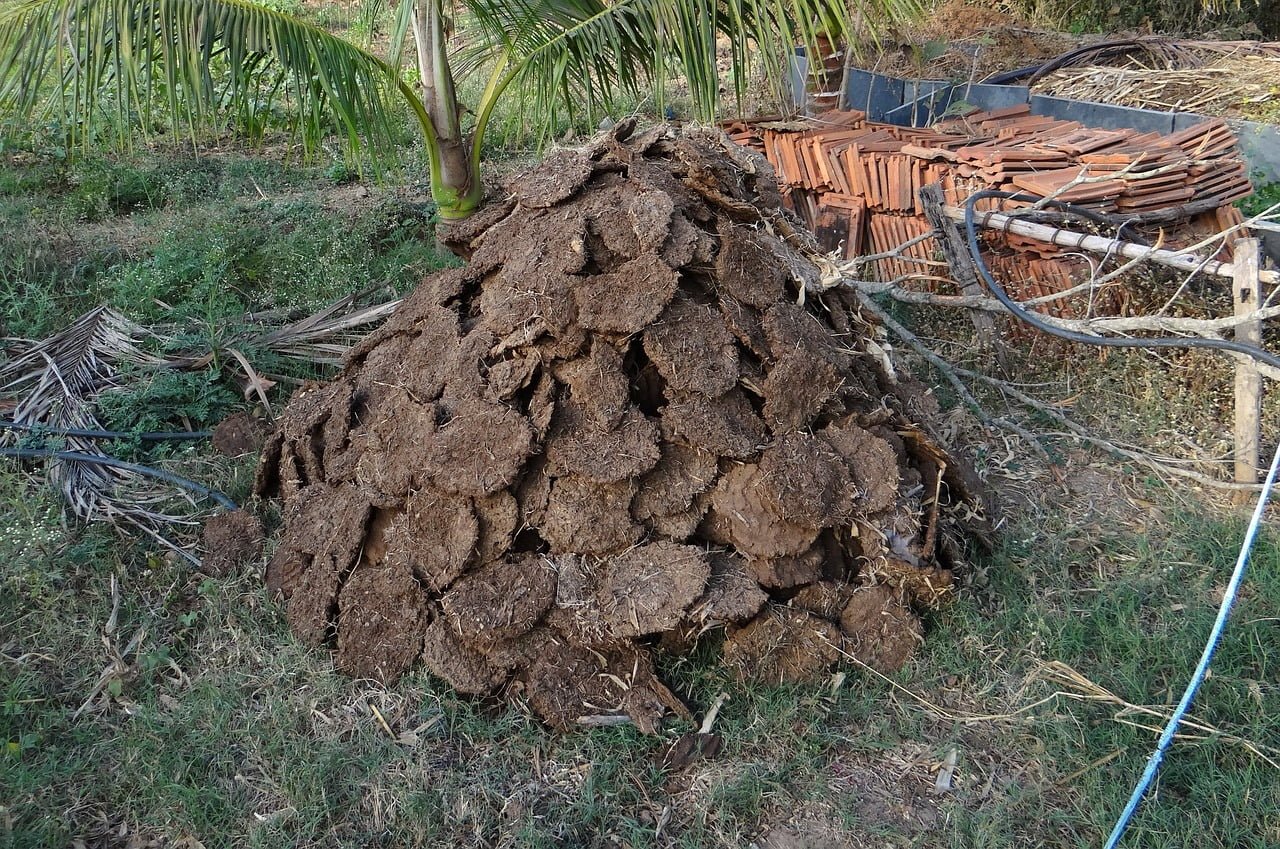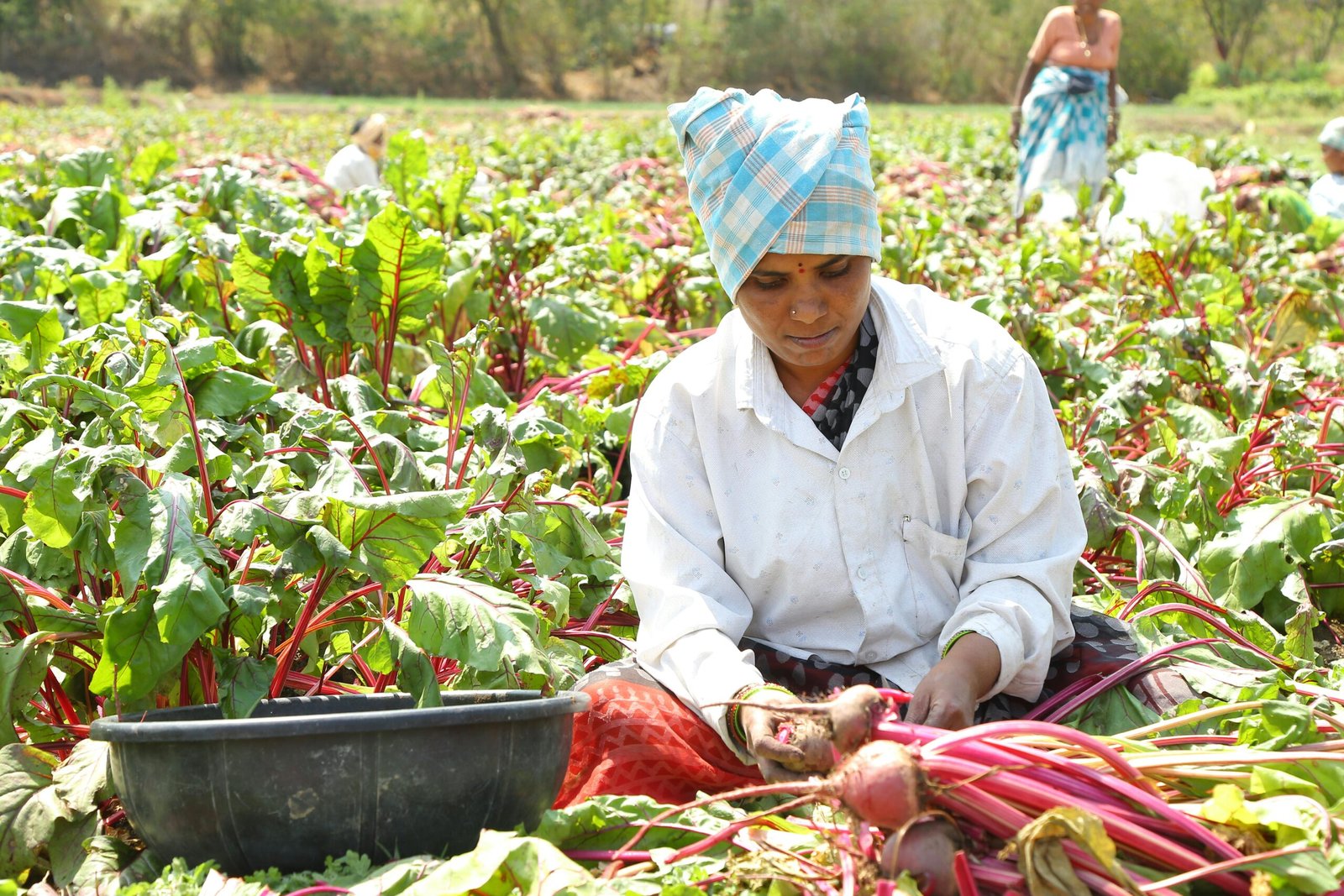
Summary of Contents
Introduction
As the global demand for sustainable agriculture grows, both natural farming and organic farming have emerged as popular alternatives to conventional farming. However, many people are confused about the difference between the two. While both methods avoid synthetic chemicals and focus on ecological balance, their philosophies and practices differ in significant ways.
The debate of natural farming vs organic farming often revolves around their approach to soil fertility, pest control, and overall farming techniques. Organic farming is a more structured system, relying on certifications and specific organic inputs, while natural farming emphasizes minimal human intervention and relies on nature to do most of the work.
In this article, we’ll break down the key differences between natural farming and organic farming, explore their methods, and discuss why both are important for sustainable agriculture in India.
What is Organic Farming?
Organic farming is a well-established method of agriculture that focuses on producing food without the use of synthetic pesticides, fertilizers, or genetically modified organisms (GMOs). Instead, organic farmers use natural inputs like compost, green manure, and biological pest control to maintain soil fertility and manage pests.
Key Practices in Organic Farming:
- Crop Rotation: Organic farmers use crop rotation to maintain soil health and reduce pest problems.
- Composting and Green Manure: Organic fertilizers like compost and green manure enrich the soil, helping it retain nutrients and water.
- Biological Pest Control: Instead of chemical pesticides, organic farmers use natural predators or bio-pesticides like neem oil to control pests.
Organic farming is regulated by certification standards that ensure products labeled “organic” meet specific criteria. In India, the certification is provided by bodies such as the National Program for Organic Production (NPOP).
Benefits of Organic Farming:
- Reduces exposure to synthetic chemicals.
- Promotes soil health and biodiversity.
- Supports the production of healthier, chemical-free food.

What is Natural Farming?
Natural farming, often associated with Subhash Palekar’s Zero Budget Natural Farming (ZBNF) in India, takes a different approach. It is a farming philosophy that requires little to no external inputs. The goal of natural farming is to mimic the natural processes of an ecosystem, allowing crops to grow in harmony with nature.
Key Practices in Natural Farming:
- No Tillage or Plowing: Natural farming avoids tilling or plowing the soil to preserve its natural structure and microbial life.
- No Chemical or Organic Inputs: Unlike organic farming, natural farming does not rely on organic inputs like compost. Instead, it uses natural techniques, such as mulching and cover crops, to maintain soil fertility.
- Cow-Based Farming: In India, natural farming often includes the use of cow dung and cow urine as natural fertilizers and pest repellents. This method, known as “Jivamrita,” is a cornerstone of Zero Budget Natural Farming (ZBNF).
Benefits of Natural Farming:
- Zero external input costs, making it affordable for small-scale farmers.
- Preserves soil health and encourages biodiversity by minimizing human interference.
- Highly sustainable, as it mimics natural ecosystems.
Natural farming promotes a philosophy of minimal human intervention, allowing nature to take its course. It’s often seen as more holistic than organic farming, as it aims to regenerate the soil without any external inputs.
Key Differences: Natural Farming vs Organic Farming
Though both natural farming and organic farming share common goals of sustainability and environmental preservation, their approaches differ significantly.
1. Input Use:
- Organic Farming: Uses organic inputs such as compost, green manure, and biological pest control. While synthetic chemicals are prohibited, farmers still rely on inputs to maintain soil fertility and control pests.
- Natural Farming: Minimizes or eliminates external inputs altogether. Farmers rely on natural processes like mulching, cover cropping, and cow-based products (Jivamrita) to nourish the soil and manage pests.
2. Soil Management:
- Organic Farming: Uses techniques like crop rotation, composting, and cover cropping to maintain soil fertility.
- Natural Farming: Avoids soil tillage altogether, promoting a “do-nothing” approach that mimics natural forest ecosystems, where soil health is maintained through natural leaf fall and microbial activity.
3. Pest Control:
- Organic Farming: Relies on natural pest control methods, including the use of organic pesticides like neem oil and biological pest controllers like ladybugs.
- Natural Farming: Focuses on creating a balanced ecosystem where pests are controlled naturally. Cow-based fertilizers and biological pest repellents like fermented plant extracts are commonly used.
4. Certification and Standards:
- Organic Farming: Requires certification to ensure compliance with specific standards. Organic farms are regularly inspected, and products are labeled “organic” only if they meet the criteria.
- Natural Farming: Does not require certification or external regulation. It operates on trust between the farmer and the consumer, and products are not labeled in the same structured way as organic products.
5. Philosophy:
- Organic Farming: Seeks to replace synthetic inputs with natural alternatives, focusing on maintaining ecological balance through carefully managed farming practices.
- Natural Farming: Aims to let nature take its course, minimizing human intervention and trusting natural processes to maintain soil health and crop productivity.
Why are Organic and Natural Farming Important?
Both natural farming and organic farming are crucial for sustainable agriculture in India. As the country faces environmental challenges such as soil degradation, water scarcity, and climate change, these farming methods offer solutions that promote long-term ecological balance.
Environmental Benefits:
- Both methods avoid harmful synthetic chemicals, reducing soil and water pollution.
- They encourage biodiversity by creating healthier ecosystems that support plant, animal, and insect life.
- Sustainable practices like crop rotation and cover cropping improve soil health and reduce erosion.
Health Benefits:
- Organic and natural farming produce healthier food that is free from harmful chemical residues.
- These methods promote the growth of nutrient-dense crops, which contribute to better human health.
Economic Benefits:
- Natural farming, especially Zero Budget Natural Farming, is particularly beneficial for small-scale farmers who cannot afford expensive inputs. By reducing the cost of farming, it helps improve farmers’ financial stability.
- Organic farming offers premium pricing for certified organic products, which can lead to higher profits for farmers who comply with organic standards.
Both farming methods aim to create a sustainable, self-sufficient agricultural system that benefits the farmer, consumer, and environment.

Conclusion
In the debate of natural farming vs organic farming, there is no clear winner. Both methods offer unique advantages, depending on the farmer’s resources, goals, and local conditions. While organic farming relies on natural inputs and follows certification standards, natural farming focuses on minimal human intervention and self-sustaining ecosystems.
As consumers, it’s important to understand the differences between these two methods to make informed choices about the food we eat. Whether you prefer the structured approach of organic farming or the minimalist philosophy of natural farming, supporting sustainable agriculture is a step toward a healthier planet.
Interested in learning more about sustainable farming practices or trying organic and natural products? Explore more resources on our website, or connect with local farmers in your region today!
FAQ Section
What is the definition of natural farming?
Natural farming is a type of agriculture that seeks to produce food in harmony with nature, minimizing the use of synthetic inputs and relying on natural processes to maintain soil health and crop productivity. It is based on the philosophy that nature is self-sustaining and that human intervention should be minimal.
What is natural farming in India?
Natural farming in India, often associated with Zero Budget Natural Farming (ZBNF) introduced by Subhash Palekar, is a method of agriculture that requires no external inputs like fertilizers or pesticides. It relies on natural processes such as mulching and cow-based fertilizers (Jivamrita) to maintain soil fertility and pest control.
What are the 4Rs of farming?
The 4Rs of farming are a set of principles that promote sustainable agricultural practices. They are:
Reduce: This involves minimizing the use of inputs such as fertilizers, pesticides, and water.
Reuse: This refers to the recycling of materials and resources within the farming system.
Recycle: This involves composting organic waste to create nutrient-rich fertilizer.
Recover: This refers to restoring degraded soils and ecosystems.
By following these principles, farmers can reduce their environmental impact, improve soil health, and increase their resilience to climate change.
Which state is no. 1 in organic farming?
Sikkim is the first and only fully organic state in India. This achievement was declared in 2016, making Sikkim a global leader in organic farming practices.
